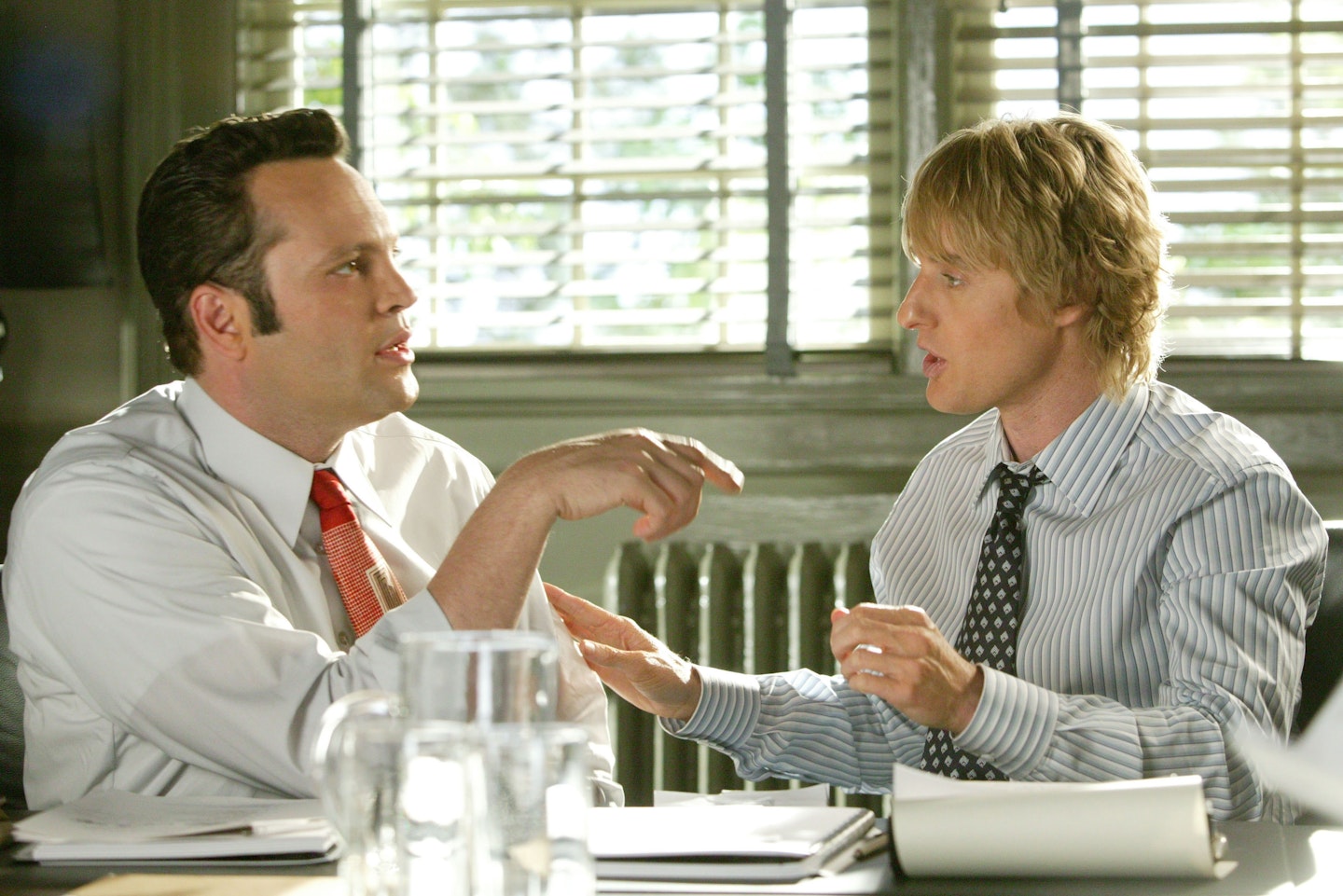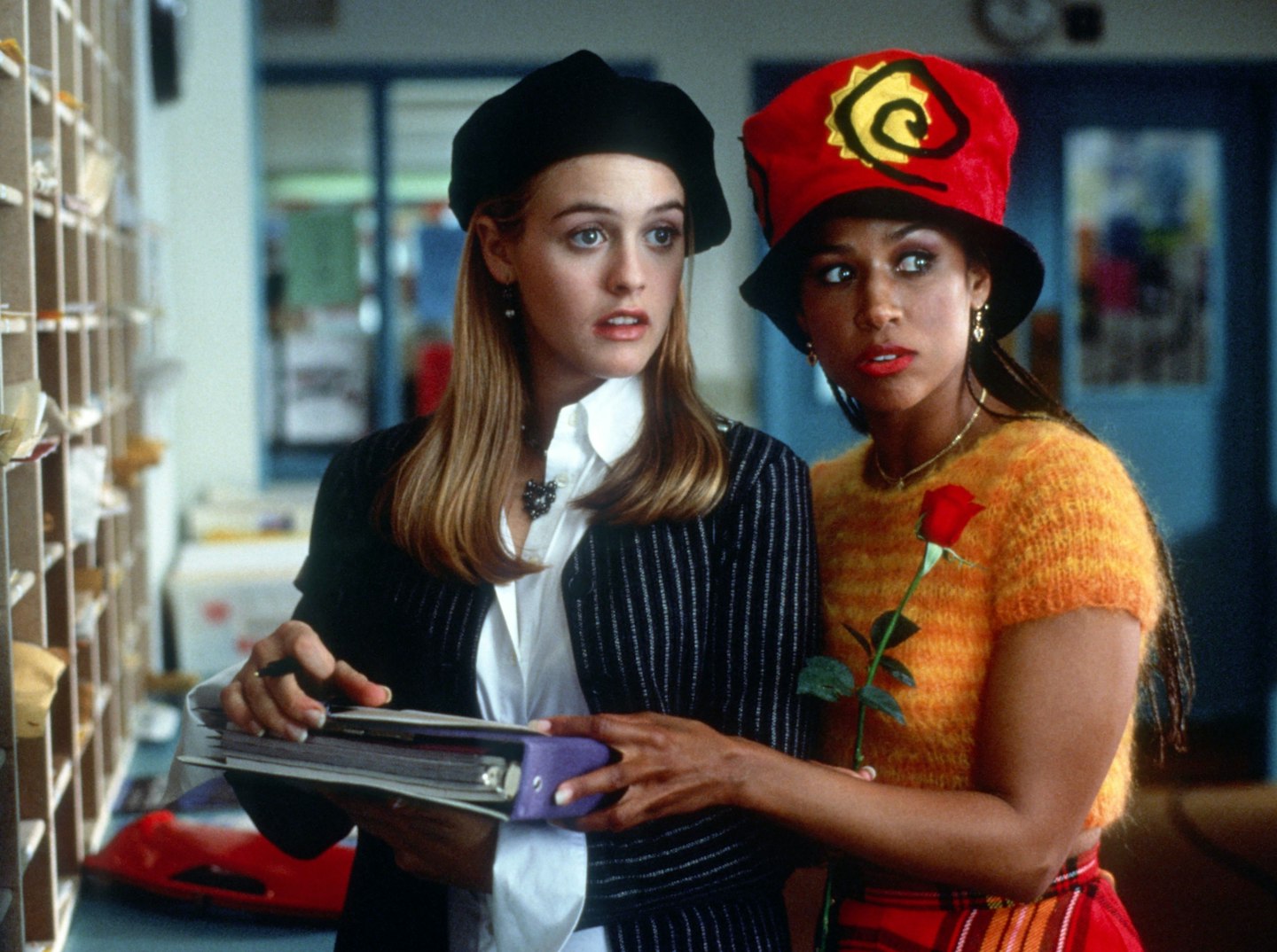Epic bromances have always been familiar turf when it comes to our favourite films and TV shows.
"Boy and his beloved male sidekick" is a formula that plays out in everything from Starsky & Hutch to Top Gun, Batman, The Hangover and Wedding Crashers.
Boys have each other’s backs in Game of Thrones, How I Met Your Mother, The West Wing and a string of other small-screen hits.
An enduring man-to-man bond is inherent in literature, too. Think Mr Darcy – always on-hand with wise counsel for his fellow gentleman of good fortune, Mr Bingley, in Jane Austen’s Pride and Prejudice.
Or Sherlock Holmes, who would be a sleuth lost at sea without his loyal and steadying partner-in-crime, Dr. Watson.
Even Shakespeare recognised the inherent drama of man-mates, using Mercutio’s death as a trigger for his close friend Romeo to spiral out of control.

These friendships are all solid and uncomplicated. Buddies who are there for each other, despite their differences and come what may.
The same chemistry is very much alive and kicking between women in real life. We rely on one another; we laugh, cry and argue together, and spend more time than is healthy propping up each other’s floundering self-esteem.
Yet, for some reason, this delicious and effervescent dynamic is hard to come by in the realm of fiction.
The mantle of female friendship is all too often sacrificed for entertainment in cinema. Think the competitive spite of Mean Girls, Bride Wars, The Devil Wears Prada and even - at its most extreme - Single White Female.
Women in books don't fare much better; neither Gone Girl or Girl On A Train, two of fiction's biggest recent best-sellers, feature compelling women-to-women friendships.
Even where two women do happen to rub along together OK, their friendship is often flaky or peripheral to the larger cause of snagging a man (When Harry Met Sally and Pretty Woman are two examples where female pals never get sufficient air-time for their intimacy to bloom).

Amid such a drought of realistic and substantial female friendships, it’s no coincidence that the few films and books that do capture this essence are massive cult hits.
We love Cher and Dionne in Clueless. We can’t get enough of Thelma & Louise. Sex and the City was considered revolutionary when it first came out. We could hardly believe it; four women who loved each other more than men, more than sex – more, possibly, than a pair of Manolo Blahniks.
Beaches, Fried Green Tomatoes at the Whistle-Stop Cafe, The Divine Secrets Of The Ya-Ya Sisterhood; all potray fictional friendships where women, amazingly, don’t spend time as sly counterparts but instead relish each other’s unique companionship.
We need more of these authentic and brilliant friendships in pop culture.
Because as the queen of women-on-women friendship Carrie Bradshaw says: "Dreams change, trends come and go, but friendships never go out of style."
Read More: How Your Friendships Change When You Hit 30
Read More: 'How I Coped With Losing My Three Best Friends In Two Years'
